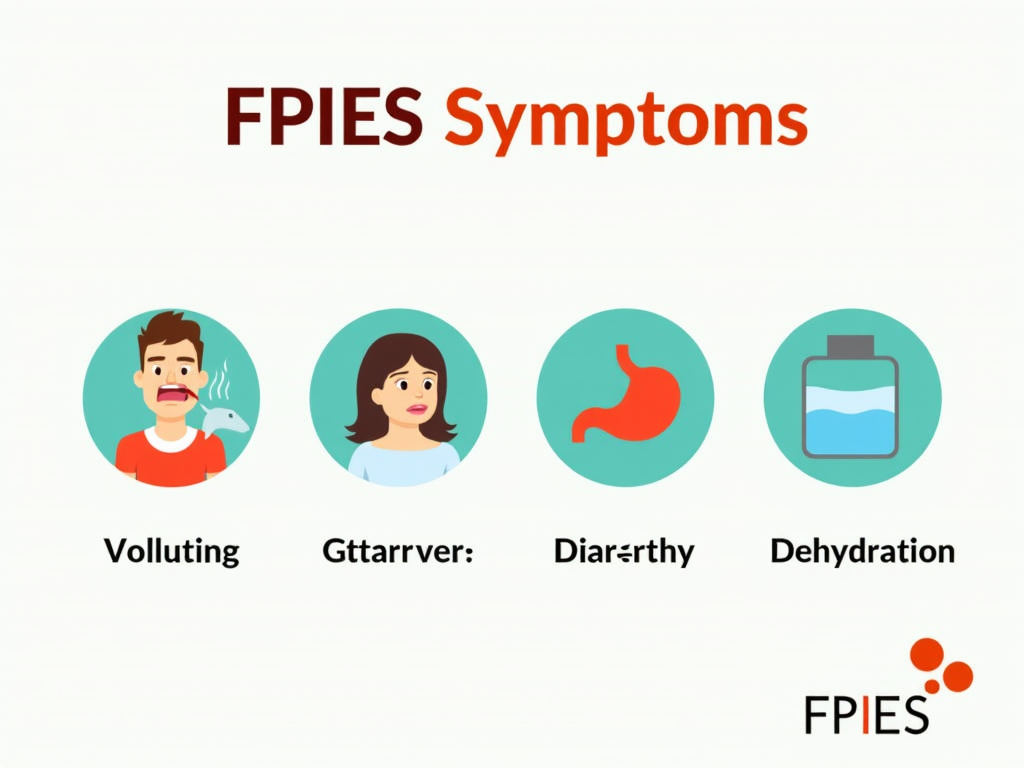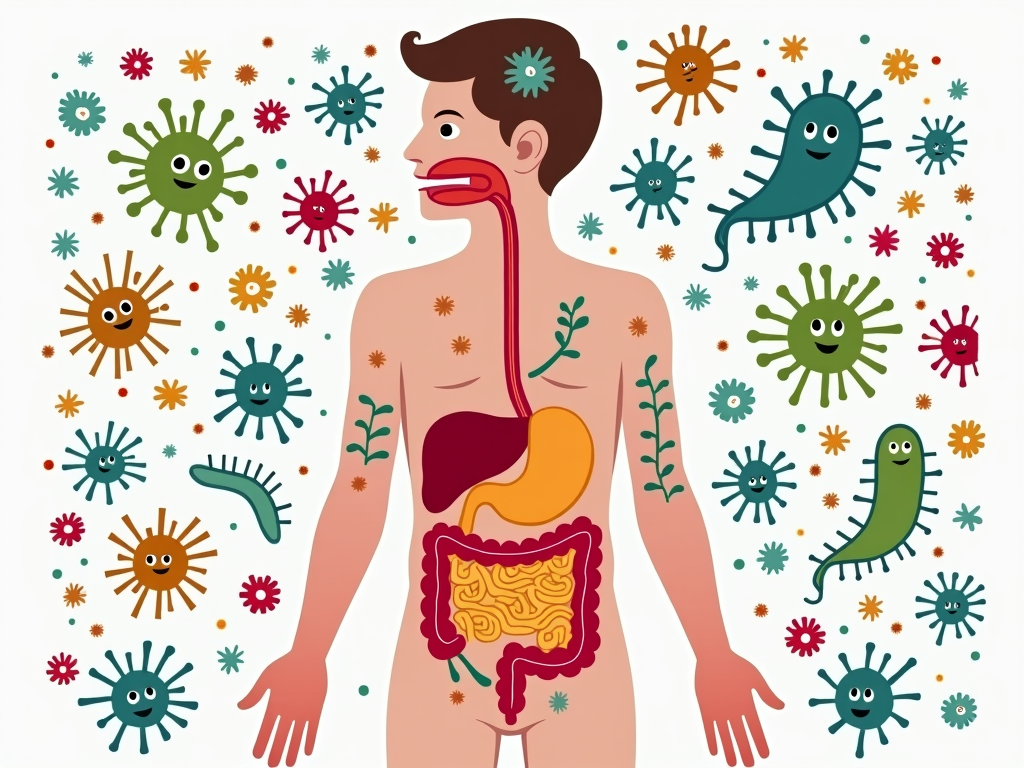Food Protein-Induced Enterocolitis Syndrome (FPIES) is a lesser-known but serious food allergy that primarily affects infants and young children. Unlike typical food allergies, FPIES reactions are delayed and can lead to severe gastrointestinal symptoms. Managing FPIES can be challenging, but recent advancements in allergy treatment offer hope for better outcomes. This article explores the latest frontiers in FPIES management, including emerging therapies and the potential role of allergen immunotherapy.

Understanding FPIES
FPIES is a non-IgE mediated food allergy that primarily affects infants and young children. Unlike typical food allergies that cause immediate reactions, FPIES symptoms are delayed, usually appearing 2-4 hours after ingesting the trigger food. These symptoms can include severe vomiting, diarrhea, lethargy, and in some cases, hypotension and shock. The most common trigger foods are cow's milk, soy, rice, and oats, but any food can potentially cause a reaction.
Diagnosing FPIES is challenging because there are no specific biomarkers or tests. It often requires a detailed medical history and observation of symptoms after food ingestion. In some cases, oral food challenges are conducted under medical supervision to confirm the diagnosis.

Current Management Strategies
The primary approach to managing FPIES is strict avoidance of trigger foods. This involves educating parents and caregivers about reading food labels, avoiding cross-contamination, and being prepared for accidental exposures. An emergency action plan is crucial, as FPIES reactions can be severe and require prompt medical intervention, often including intravenous fluids to prevent dehydration.
Healthcare providers, including allergists and pediatricians, play a vital role in guiding families through the management process. They help identify trigger foods, monitor the child's growth and development, and determine when it's safe to reintroduce foods through supervised challenges.

Challenges in FPIES Management
Managing FPIES presents several challenges. Identifying trigger foods can be difficult due to the delayed nature of reactions. Parents may struggle to pinpoint which food caused the symptoms, leading to anxiety and restrictive diets. Additionally, the fear of severe reactions can impact the child's social life, limiting participation in activities like birthday parties or dining out.
There's also a need for better diagnostic tools. Current diagnosis relies on clinical judgment, which can lead to misdiagnosis or delayed treatment. Research into biomarkers or other diagnostic methods could greatly improve the accuracy and speed of FPIES diagnosis.
Emerging Therapies and Research
Recent advancements in allergy research are shedding light on potential new treatments for FPIES. One area of interest is oral immunotherapy (OIT), which has been successful in treating IgE-mediated food allergies. While OIT is not yet standard for FPIES, some studies are exploring its applicability. For example, a small pilot study published in the Journal of Allergy and Clinical Immunology found that gradual introduction of trigger foods under medical supervision helped some children with FPIES build tolerance.
Another promising field is the study of the gut microbiome. Research suggests that the composition of gut bacteria may influence the development and severity of food allergies. Probiotics and prebiotics are being investigated as potential therapies to modulate the immune response and reduce allergic reactions.

The Role of Allergen Immunotherapy
Allergen immunotherapy, such as subcutaneous immunotherapy (SCIT) or sublingual immunotherapy (SLIT), is commonly used for environmental allergies like pollen or dust mites. While not directly applicable to FPIES, the concept of desensitizing the immune system could inspire similar approaches for food allergies. Some researchers are exploring modified forms of immunotherapy for food allergies, including FPIES, but this is still in the early stages.
Psychological Impact and Coping Strategies
Living with FPIES can be stressful for both the child and their family. The constant vigilance required to avoid trigger foods, coupled with the fear of accidental exposure, can lead to anxiety and social isolation. It's important for families to seek support, whether through counseling, support groups, or online communities. Connecting with others who understand the challenges of FPIES can provide emotional relief and practical advice.
Personal Insights
I once met a mother whose son was diagnosed with FPIES at six months old. She described the initial confusion and fear when her baby would have violent reactions to seemingly harmless foods like rice cereal. After numerous doctor visits and tests, they finally received the FPIES diagnosis. Through trial and error, they identified his trigger foods and learned to manage his diet carefully. Today, he's a thriving toddler, and they've even started reintroducing some foods under medical supervision. Her story is a testament to the resilience of families dealing with FPIES and the importance of perseverance and education.
Future Directions
The future of FPIES treatment is bright, with ongoing research aimed at understanding the underlying mechanisms of the disease and developing targeted therapies. Personalized medicine, where treatments are tailored to the individual's specific allergy profile, could revolutionize how we manage FPIES. Additionally, advancements in diagnostic tools, such as biomarker identification, could lead to earlier and more accurate diagnoses.

Summary
FPIES is a complex and often misunderstood condition, but with proper management and support, affected children can lead healthy lives. Emerging research and new treatment frontiers offer hope for even better outcomes in the future. By staying informed and advocating for continued research, we can improve the lives of those living with FPIES.
Discuss Here